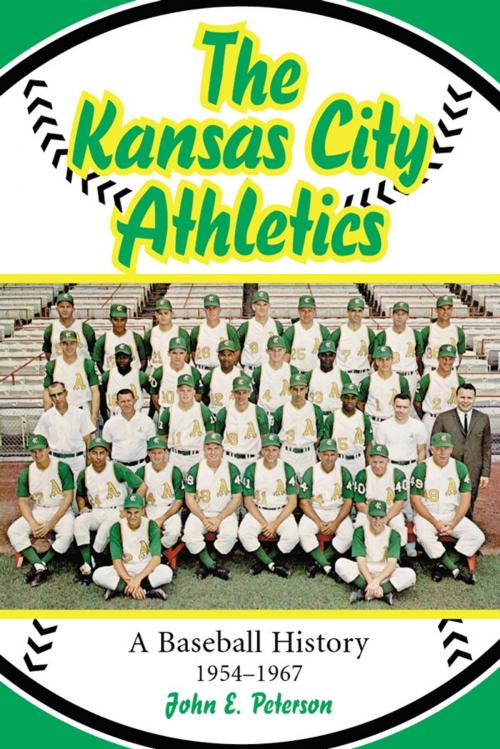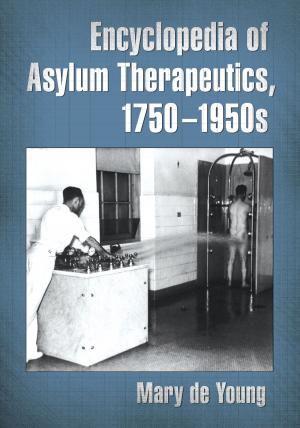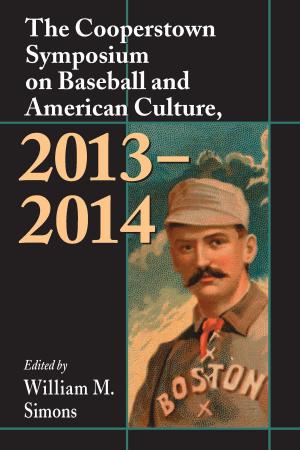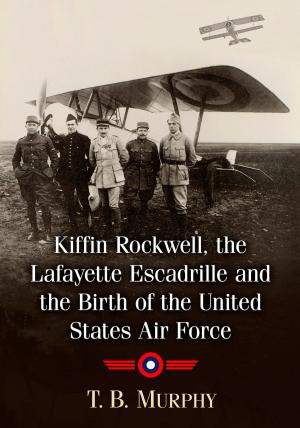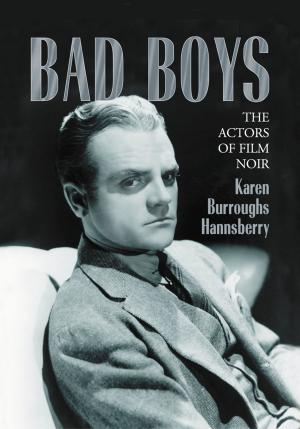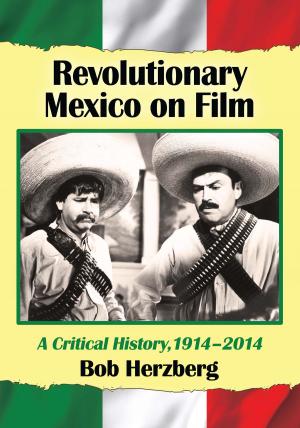| Author: | John E. Peterson | ISBN: | 9780786481439 |
| Publisher: | McFarland | Publication: | September 4, 2003 |
| Imprint: | McFarland & Company, Inc., Publishers | Language: | English |
| Author: | John E. Peterson |
| ISBN: | 9780786481439 |
| Publisher: | McFarland |
| Publication: | September 4, 2003 |
| Imprint: | McFarland & Company, Inc., Publishers |
| Language: | English |
The Athletics spent thirteen seasons in Kansas City before moving to Oakland--a colorful history despite one of the worst records in baseball history. Even so, many of the players who were part of the world championship teams in Oakland in the 1970s began their careers in Kansas City. This work presents the relatively short history of the Kansas City franchise from 1954, when Arnold Johnson purchased the Philadelphia Athletics and moved the team to Kansas City because of the financial benefits the city provided, to 1967, when Charles Finley moved the team to Oakland (after unsuccessful attempts to move it to Dallas, Atlanta, Louisville, Milwaukee and Seattle). In the 1950s, the team was called "a Yankee farm team" because of the numerous trades with the Yankees that favored the latter. The author re-evaluates these trades and concludes that they were not as one-sided as previously thought and really did benefit the team. The author also carefully considers Charles Finley's intentions to keep the team in Kansas City and his reasons for having to move them to Oakland.
The Athletics spent thirteen seasons in Kansas City before moving to Oakland--a colorful history despite one of the worst records in baseball history. Even so, many of the players who were part of the world championship teams in Oakland in the 1970s began their careers in Kansas City. This work presents the relatively short history of the Kansas City franchise from 1954, when Arnold Johnson purchased the Philadelphia Athletics and moved the team to Kansas City because of the financial benefits the city provided, to 1967, when Charles Finley moved the team to Oakland (after unsuccessful attempts to move it to Dallas, Atlanta, Louisville, Milwaukee and Seattle). In the 1950s, the team was called "a Yankee farm team" because of the numerous trades with the Yankees that favored the latter. The author re-evaluates these trades and concludes that they were not as one-sided as previously thought and really did benefit the team. The author also carefully considers Charles Finley's intentions to keep the team in Kansas City and his reasons for having to move them to Oakland.
